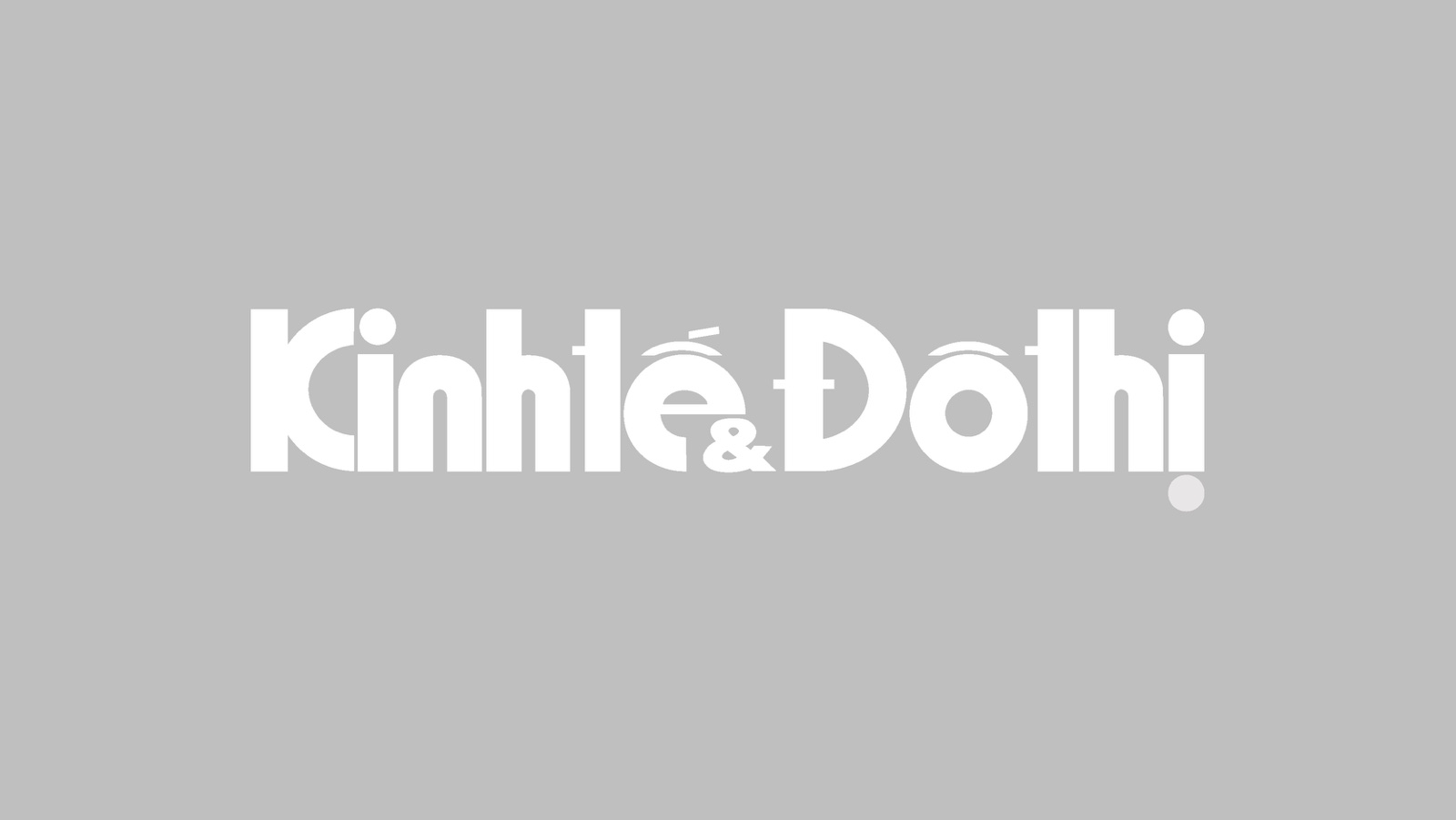Covid home treatment - a solution for Vietnam to safely live with Covid-19: UK experts
“Vaccination is just half the challenge amid the current surge of the Delta variant.”
An enhanced and comprehensive approach to reconfiguring critical care in hospitals and at home will be important to Viet Nam’s re-opening roadmap and plan for life with Covid-19, stated Gareth Ward, British ambassador to Vietnam in a webinar held yesterday.
The workshop, jointly organized by the British Embassy in Vietnam and the UK’s National Health Service (NHS) Consortium for Global Health, was an opportunity for health experts to exchange knowledge on reconfiguring critical care in the hospitals and community in response to the Covid-19 surge.
From the UK perspective, ambassador Gareth said, a comprehensive strategy would help to reduce the pressure on hospitals, protect the health system and support economic resilience amid the pandemic. “Vaccination is just half the challenge,” affirmed the diplomat.
Prof Matt Inada-Kim from NHS said that most patients with Covid-19 can safely remain at home and there is no need to hospitalize them.
“Patients at home can learn to monitor themselves – what symptoms to look out for and when to worry – and if they have access to a pulse oximeter, what the levels are that they should act on”, the British expert said.
The model also does not depend on large amounts of money or resources, in another way, it is about empowering patients and teaching them how to look after themselves, Matt noted. Hence, the government can redistribute the capacity of the healthcare system and resources to focus on those who are most unwell whilst also protecting patients.
One example is the NHS COVID@Home initiative in the UK, where a recent evaluation of Oximetry@Home (an initiative to provide pulse oximeters to support remote monitoring of Covid-19 patients’ oxygen levels) suggests that the initiative has been effective in halving ICU admissions and reducing 30-day mortality by over 70%.
UK-Vietnam commit to stronger health cooperation
The experiences of the UK have highlighted how important it is to build more resilient, fairer, and sustainable health systems that meet the needs of patients and the public, according to Dr. Kevin Miles, Head of the NHS Global Health Consortium.
Kevin stressed that the importance of collaborating across the globe, sharing mutual experiences, and learning to meet these challenges, has never been more important.
Health cooperation is a key area of strategic partnership between the UK and Vietnam. The European country has been a close partner with Vietnam in tackling global health challenges including antimicrobial resistance and non-communicable diseases.
“The UK stands with Vietnam in this difficult time to fight against new waves of Covid-19, including vaccines donation and knowledge exchange on genomic sequencing and health system strengthening”, according to UK Embassy’s statement.
At the beginning of August 2021, the UK donated 415,000 doses of the AstraZeneca vaccine to Vietnam and more will arrive in the country through the UN-managed COVAX fund, where the UK is taking a leading role, providing over £548 million to supply vaccines globally.
Ho Chi Minh City (HCMC), the largest Covid-19 hotspot in Vietnam has applied the model of home treatment for Covid patients. The treatment is applied for newly-detected patients with mild symptoms in the community, who meet conditions for quarantine at home. Health workers guide those patients and their relatives in how to use prescribed medicines and collect samples for testing at home and give them advice and medical assistance. It’s a combination of treatment at home and family doctor-model. A program presenting 10,000 medication bags for Covid-19 patients under home treatment in HCMC was launched by the city’s Union of Business Associations (HUBA) on August 28. |












